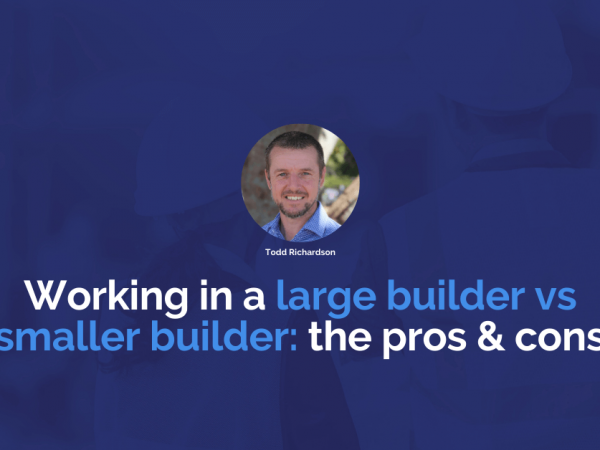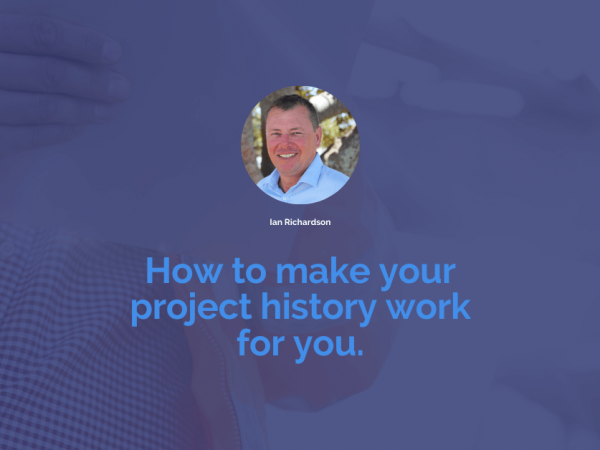Your resume is often the first point of contact you have with a future employer, so it needs to be clear and concise in explaining who you are and what skills and experience you have gained throughout your career.
However, the task of writing a good resume can be harder than it sounds. And if you haven’t updated yours in a while, it can be challenging to know where to start.
So, to help you take the first step, and improve your chances of securing an interview, we’ve put together a list of resume tips below.
Always include a project list on your resume
We’re starting with the project list because frankly, this is the most crucial part of a construction resume.
The first thing we’re trying to identify when looking at your resume is how relevant your skills and experience are to the role you’ve applied for, and we look to your project list to determine this.
Including a project list provides the future employer, and us, with a snapshot of the experience you’ve gained on previous projects and how relevant that experience is.
We know about many of the projects that have been built/are being built along the east coast: who was involved and if it was complex or not etc. So, we can learn a lot about your skills and experience from it.
Here are some things to include in your project list:
• The name of the project and a brief description of it;
• The type of project (e.g. residential or commercial);
• The value of the project;
• Your specific role within that project.
Keep it simple, specific and significant to the role you are applying for.
Include information about achievements or challenges you have overcome at work.
Everyone applying for the role will be listing a similar set of skills and responsibilities to you – so what makes you a better candidate than them?
Set yourself apart by including a section dedicated to explaining some important things you have achieved or challenges you have overcome on projects.
Don’t just name your achievements – provide evidence of them!
An example of how you could approach this would be:
• A Site Manager discussing how a design issue came up in the delivery of a project that affected its progress and how they managed to overcome that problem.
• A Contract Administrator discussing what procurement strategies they employed on a project and how they were successful.
• A Project Manager detailing how they value-engineered a project to meet budget.
Including this in your resume not only helps to set you apart, it helps to reduce the perceived risk a builder may have about hiring you.
In the construction industry, where profit margins are extremely tight, reducing perceived risk by giving real information about how you have performed on projects in the past is important!
Include information about notable personal achievements
Similarly, if you’ve had any significant personal achievements in areas such as education, community and sport – tell us about them! While not work-related, these types of accomplishments still demonstrate that you embody a dedicated and committed attitude.
Keep it professional
Keep your resume as professional as you can. It’s not necessary to list much outside of work. Your hobbies aren’t relevant to your job, so we don’t need to know about them.
However, if there is a gap in your resume, relating to activities partaken in your personal life, be sure to include any relevant information about it on your resume. Employment gaps on a resume can be a cause for concern if left unexplained.
Proofread, proofread, proofread
As mentioned earlier, your resume is often the first point of contact between you and a future employer. If you haven’t taken the time to proofread it and it has grammar or spelling mistakes this will affect the assessment made about your suitability for a role!
You will need to have these skills in the workplace. So, if you can’t display them adequately at a time when you are trying to put your best foot forward, you are not presenting a convincing case to the organisation hiring that you will bring these skills into your role.
Try to put yourself in their shoes – what would you want to see on the resume of someone applying for a role in your team or company?
Having trouble getting started? We’ve put together a free resume template for you to use as a guide. You can download it here.
Receive our updates straight to your inbox



